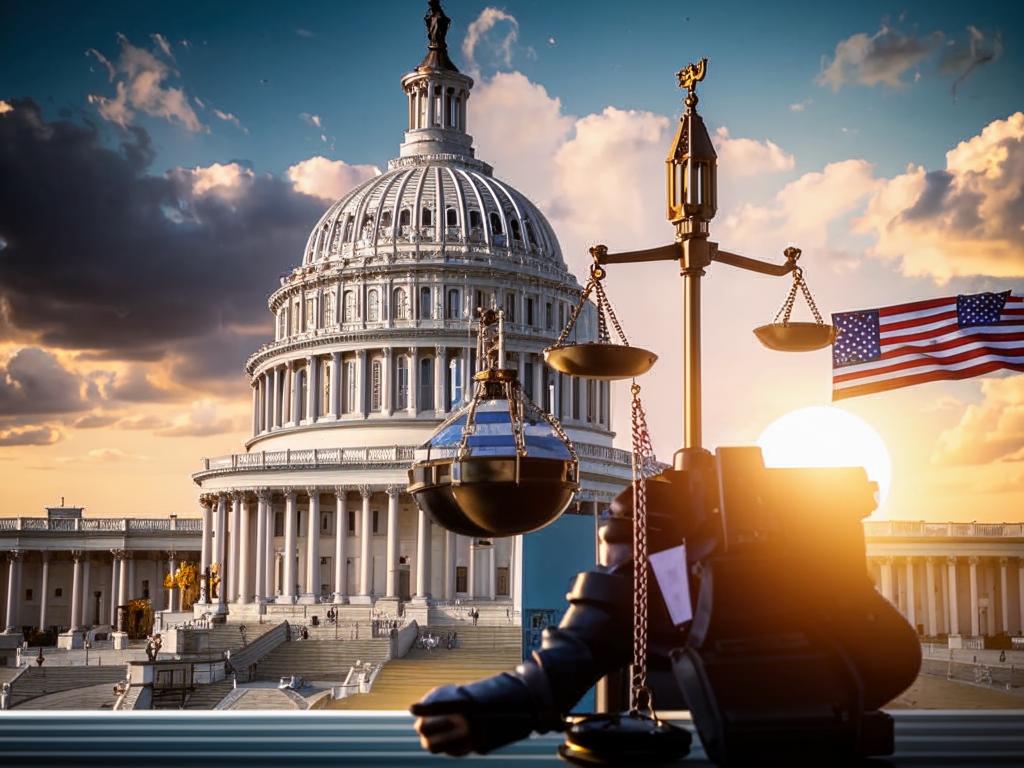Senator Schiff Introduces COIN Act to Regulate Public Officials’ Crypto Involvement
Democratic Senator Adam Schiff and nine other lawmakers have introduced the Curbing Officials’ Income and Nondisclosure (COIN) Act to address ethical concerns in the cryptocurrency sector. The legislation aims to prevent public officials, including the president, from exploiting digital assets for personal gain. This follows revelations about President Donald Trump‘s $57.4 million income linked to World Liberty Financial, a cryptocurrency platform backed by his family members.
Understanding the COIN Act’s Provisions
The COIN Act would extend existing financial restrictions on public officials to include issuing, sponsoring, or endorsing cryptocurrencies, memecoins, non-fungible tokens (NFTs), and stablecoins. These prohibitions would apply 180 days before and two years after an official’s term. The bill reflects growing concerns about conflicts of interest in the intersection of politics and the crypto market.
Legislative Challenges Ahead
While the COIN Act addresses important ethical issues, its passage faces significant obstacles. With Democrats in the minority in both the House and Senate, the bill’s prospects are uncertain. Even if passed, President Trump would likely veto it, requiring a two-thirds congressional majority to override. This highlights the difficulties of implementing crypto-related regulations in today’s political climate.
Key Points About the Legislation
- Targets potential financial exploitation of digital assets by public officials
- Addresses ethical concerns raised by President Trump‘s World Liberty Financial connections
- Would impose restrictions on crypto activities before and after public service
- Faces substantial political and procedural hurdles
The Future of Crypto Regulation
The COIN Act represents a significant development in the ongoing discussion about cryptocurrency regulation and government ethics. As the crypto market grows, the need for clear, ethical guidelines becomes more pressing. Whether this legislation will lead to meaningful reform or serve as a starting point for future debates remains to be seen. The conversation about proper oversight of digital assets in government continues to evolve.

